Conversation for Action. The computer terminal as medium of communication.
Today, computer-mediated communication spans a range of activities from interactive messages to word processing. Researchers interested in this new technology have concentrated on its effects in the workplace for knowledge production and dissemination or on its word processing function. The study reported here examines communication events in which the computer is the medium and views such computer-mediated communication from the perspective of language use. Its goal is to understand, through data collected from an anthropological perspective, the ways of communicating used by members of an established community of computer users. In particular, it answers the questions: (i) How do computer communicators choose among the available media and modes of communication? (ii) What are the basic and recurring discourse patterns across media and modes through which this community achieves its institutional goals of innovation and product development? (iii) How do the answers to the previous two questions inform our understanding of language use in general?
{{comment.content}}
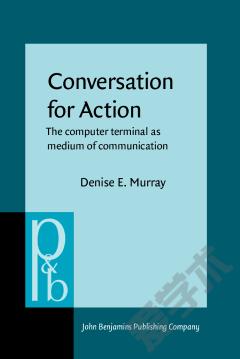
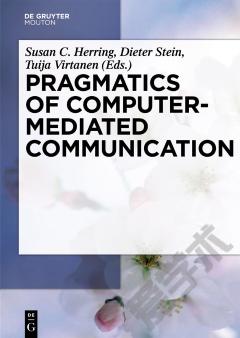

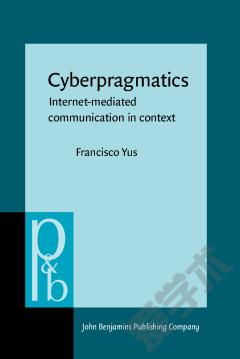
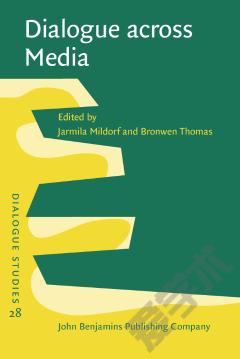
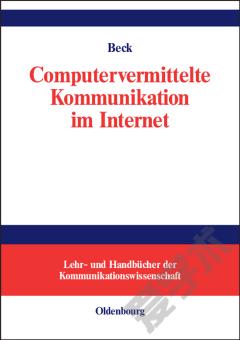


 京公网安备 11010802027623号
京公网安备 11010802027623号